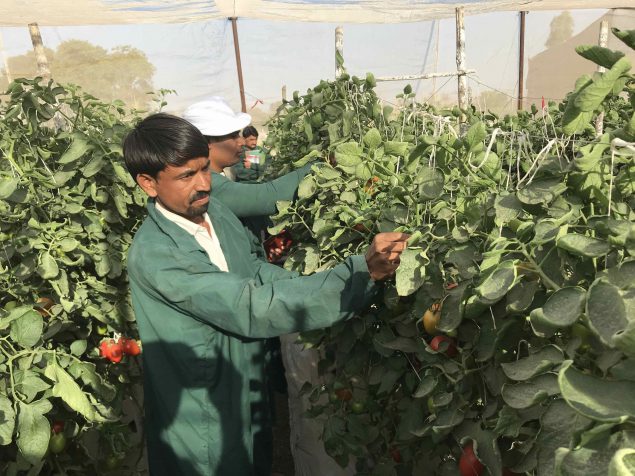
The Access to Seeds Index to combat hunger and poverty
When no quote is available by Winston Churchill or, for that matter in Dutch by soccer champ Johan Cruijff, there is always a Chinese verb: Agriculture feeds the world and seeds feed agriculture. Mr. Ren Wang, Assistant Director-General at FAO used the verb to underline the importance of seeds at a meeting at FAO at 5 april 2013 where we introduced the Access to Seeds Index.
The Access to Seeds Index is an initiative, inspired by the success of the Access to Medicine Index to encourage the world’s leading seed companies to provide access to their assets, knowledge and capabilities for farmer in resource-poor areas in the world.
The idea to rank the performance of industries on their contribution to the common good was triggered by a bold act of Nelson Mandela. At one point he decided to ignore the patent rights of Big Pharma and allow generic drug companies of South Africa to copy the expensive HIV/AIDS drugs.
Of course the pharmaceuticals reacted by sending an army of lawyers to South Africa. But eventually they backed off. After years of ignoring patients around the world that could be easily treated by available medicine, would they have had access to medicine, they could not resist the halt by Mandela. This was a wakeup call. Can we sit on our assets while we know that billions of people in the world in underdeveloped areas suffer because they can’t benefit from it?
While each pharma company was taking steps to build corporate philanthropy actions to contribute to the common good through their assets, the founder of the Access to Medicine Index came up with a simple but effective idea: what if we could guide these actions in a focussed direction through the lens of society’s expectations?
Instead of naming and shaming, he realised that shining a light on good practices would be more effective to encourage pharma companies to grow their access activities. Even more so, to unleash a competitive dynamic in the industry, defining good practice in multi-stakeholder dialogue instead of the agenda of one vocal pressure group, was key, he decided.
The Access to Medicine Index was born. And proved to be successful. Through an biennial index cycle a learning process in the industry is triggered, actually leveraging the contribution of the pharma industry to increase the access to medicine.
Could this concept be adopted in other industries? Confirmation to this question can be found in the first publication of the Access to Nutrition Index, published in March 2013 ranking food companies on their performance on fighting malnutrition and prompting nutrition.
So the idea was raised to develop an Access to Seeds Index. 870 million people around the globe from chronic hunger. A problem that can worsen by global population growth and climate change, effecting ecosystems and yields.
We presented this initiative, after a confirming feasibility research, to the FAO at April 2013. Like WHO does with the Access to Medicine Index, an endorsement by FAO of the Access to Seeds Index would be welcomed. And, as member states and FAO-officials stated, this is taken into serious consideration.
But first we have to develop a high level methodology for the Index, a project scheduled for 2013. Stakeholders tell us it will not be an easy ride, but would welcome its success.
